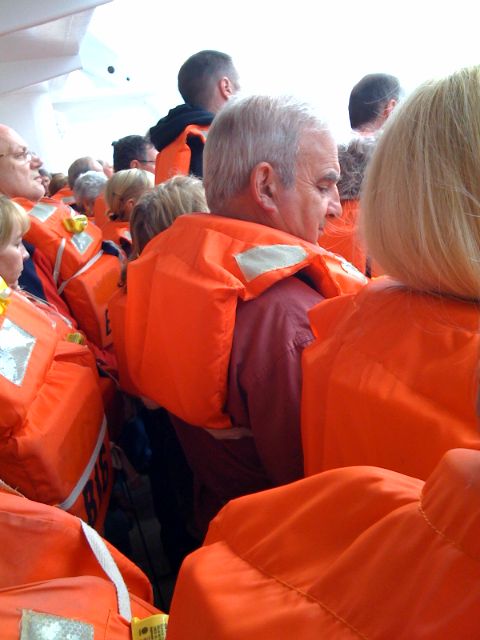Microfinance see Microcredit. –noun the lending of very small amounts of money at low interest, esp. to a start-up company or self-employed person. The problem with Microfinance and Microcredit is that, at the end of the day, someone ends up owing someone else money. And that’s a shaky way to get started in anything. The … Continue reading “Coworking Microsupport”
Microfinance
see Microcredit. –noun
the lending of very small amounts of money at low interest, esp. to a start-up company or self-employed person.
The problem with Microfinance and Microcredit is that, at the end of the day, someone ends up owing someone else money. And that’s a shaky way to get started in anything.
The concept of Microfinance for small businesses in return for equity in the business has already been successfully applied via Paul Graham’s Ycombinator.
Y Combinator does seed funding for startups. Seed funding is the earliest stage of venture funding. It pays your expenses while you’re getting started.
We make small investments (rarely more than $20,000) in return for small stakes in the companies we fund (usually 2-10%).
What happens at Y Combinator? The most important thing we do is work with startups on their ideas. We’re hackers ourselves, and we’ve spent a lot of time figuring out how to make things people want. So we can usually see fairly quickly the direction in which a small idea should be expanded, or the point at which to begin attacking a large but vague one.
This seems to me to be a different slant on the pre-Bubble concept of ‘code for pizza’. I knew a couple of smart guys back pre-2000 who worked full time for companies in return for pizza and promises while in receipt of unemployment benefit – they were doing the right thing after all – making a real concerted effort to get off the unemployment line by trying to be employable. None of them are gazillionaires right now (which shows the benefits of contracts over promises).
While Northern Ireland has had the concept of the incubator for years (the first one I visited was the Fujitsu/University of Ulster funded incubator where I met the guys who were ‘Osarius’ who have now all moved on to bigger and better things), it was definitely in a larger scale. There were desks, offices, stationery. That’s not the sector I’m interested in.
With the work being done for the co-working space in Northern Ireland, it is my intent to fund a desk or two and provide some desktop computers (intel iMacs) in order to foster some idea of Microsupport for potential startup companies. It’s not about funding their pizza or foozball lifestyles because people who want to get things done will find a way – this is operational expenditure. The hard part for this sector is the capital expenditure. By providing up to date hardware and taking advantage of the bountiful free time that ‘young people’ have, I think there could be an excellent environment created in the co-working space to foster new and cool innovations coming out of Belfast. David Rice wrote that the co-working initiative is designed to espouse this single concept:
Bringing silicon valley thinking to Belfast by creating a cutting edge work space for digital and creative workers.
It’s my aim that one of the rooms in the upstairs be allocated to ‘incubation’ for a few potential movers and shakers out there who need that extra bit of support to get started. I don’t care whether they want to become movie makers, software engineers, web developers or digital artists – as long as they don’t just sit around surfing the web, it’s got to be better than nothing. I’ve not really talked about this with David, Andy or anyone else central to CoworkingBelfast so they may throw their hands up and tell me to piss off – but this is the concept. Most of the individuals involved in CoWorking Belfast are young men who probably would have loved to have a co-working space available to them especially with some up to date hardware starting up.
What would Co-Working Belfast get out of it? Another raison d’etre. Karma. Kudos. Reputation. And the feeling of doing the right thing. Maybe if they’re a success they’ll help fund the next iteration of CoWorking Belfast or whatever the new fad of the day is.
There are other similar methods of support out there which have a similar model but are not the same and therefore I think this brings a certain uniqueness. For example, Google’s Summer of Code provides a $5000 stipend for student developers for summer (around 3 months) of work on open source projects. Google funds around 400 students each summer this way (putting the bill at around $2 million) but then they are Google and have infinite money. There are also business incubation services in Northern Ireland available through InvestNI but the pitch is for the slightly later stage when the individuals know what they’re doing and need the incubation from hatchling to maturity.
To extend the metaphor, I’m talking about supporting the egg itself – until the egg cracks. It’s never been easier to start up a business and become the next Twitter, Youtube, Big Word Project or 37Signals and it is these kinds of business that we should be fostering. I think that the people involved in starting the co-working space in Belfast are best qualified to determine who uses the ‘hatchery’.
The co-working space itself won’t make Belfast like Silicon Valley by it’s presence, but by it’s vision.


